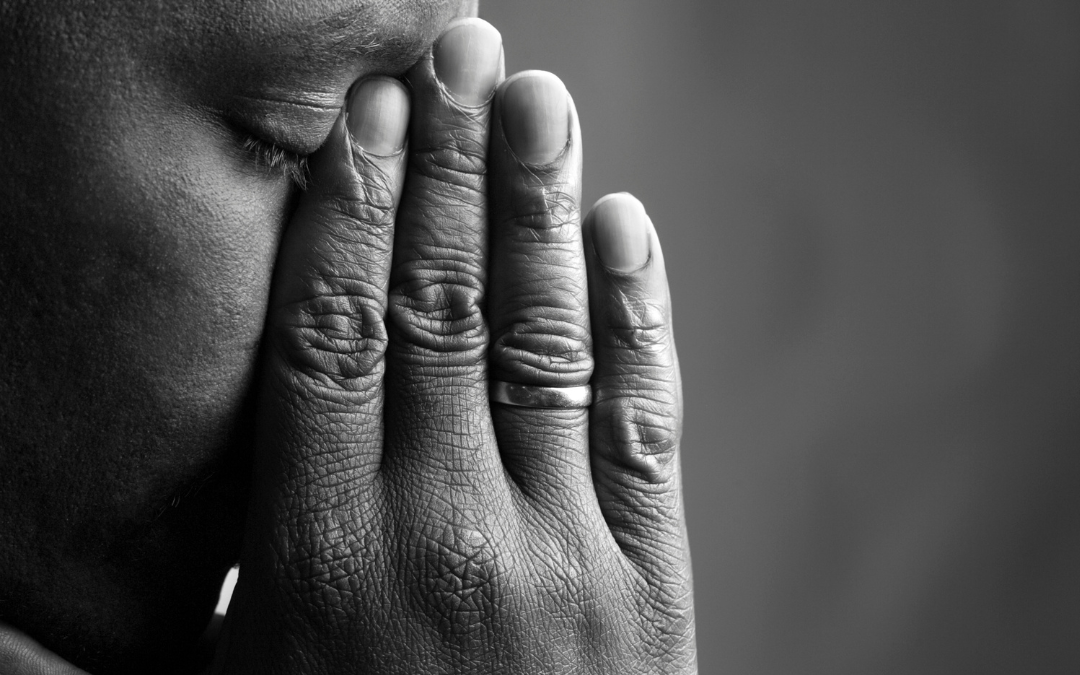What is Internalized Homophobia?
Internalized homophobia refers to the self-hatred or negative feelings that LGBTQ+ individuals may have towards their own sexual orientation or gender identity. These feelings stem from societal stigma, discrimination, and negative stereotypes about LGBTQ+ people, which can be deeply ingrained and internalized over time.
Causes of Internalized Homophobia
- Societal Stigma and Discrimination:
- Widespread societal attitudes that view heterosexuality as the norm and LGBTQ+ identities as abnormal or undesirable can contribute to internalized homophobia.
- Negative Media Representation:
- Media portrayal of LGBTQ+ individuals can often be negative or stereotypical, reinforcing harmful views.
- Family and Community Influences:
- Families and communities that reject or condemn LGBTQ+ identities can significantly impact one’s self-perception.
- Religious Beliefs:
- Some religious doctrines and communities preach against LGBTQ+ identities, fostering feelings of guilt and shame in LGBTQ+ individuals.
Effects of Internalized Homophobia
- Mental Health Issues:
- This is associated with anxiety, depression, low self-esteem, and suicidal ideation.
- Relationship Problems:
- It can lead to difficulties in forming and maintaining healthy relationships due to fear, mistrust, or self-sabotage.
- Substance Abuse:
- To cope with negative feelings, some may turn to alcohol or drugs, leading to potential addiction.
- Reduced Quality of Life:
- Overall well-being and life satisfaction can be significantly impacted by internalized homophobia.
How to Overcome Internalized Homophobia
- Seek Professional Help:
- Therapy with a professional who specializes in LGBTQ+ issues can provide a safe space to explore and address these concerns
- Build a Support Network:
- Surround yourself with supportive friends, family, and LGBTQ+ communities who accept and affirm your identity.
- Educate Yourself:
- Learning about LGBTQ+ history, rights, and positive representation can help counteract negative stereotypes and self-perceptions.
- Practice Self-Compassion:
- Develop a kinder, more compassionate relationship with yourself. Recognize that internalized homophobia is a product of external societal influences, not a reflection of your true worth.
- Engage in Activism:
- Becoming involved in LGBTQ+ advocacy and activism can empower you and connect you with others working towards the same goals.
The Role of Allies
Allies play a crucial role in combating internalized homophobia. Here’s how allies can help:
- Educate Yourself and Others:
- Learn about LGBTQ+ issues and work to dispel myths and stereotypes within your circles.
- Provide Support:
- Offer emotional support and stand up against homophobia and discrimination whenever you encounter it.
- Advocate for Inclusive Policies:
- Support policies and initiatives that promote LGBTQ+ rights and inclusion in your community and workplace.
Conclusion
Internalized homophobia can deeply impact the mental health and well-being of LGBTQ+ individuals. Understanding its causes and effects is the first step towards overcoming it. By seeking support, educating oneself, and practicing self-compassion, it is possible to mitigate the negative impacts it can cause. Allies also play a crucial role in fostering a more inclusive and accepting society. Together, we can create an environment where everyone is free to be their authentic selves without fear or shame. Sign up for a free consultation with one of our talented therapist Click Here


Trackbacks/Pingbacks